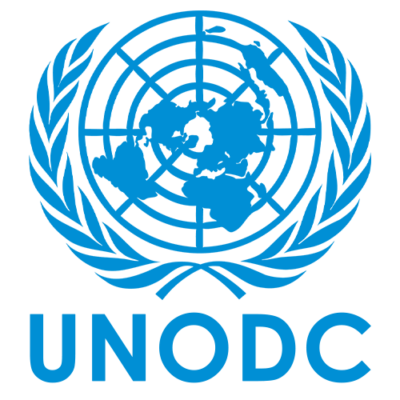The United Nations Office on Drugs and Crime (UNODC) said its Organised Crime Threat Assessment for Nigeria published in 2023 found that Nigeria is a key transit hub and consolidation point for various forms of illegal trade in wildlife and forest products, especially for pangolin, ivory and rosewood.
The country representative for UNODC, Nigeria, Oliver Stolpe, disclosed this yesterday at the 2024 World Wildlife Day celebration with the theme: “Connecting people and planet: Exploring Digital Conservation” and presentation of the key findings and recommendations of the International Consortium for Combating Wildlife and Forest Crime Analytic Toolkit Assessment for Nigeria, in Abuja.
Stolpe noted that these products are sourced both from Nigeria as well as from other countries in the region, adding that the UNODC’s World Wildlife Seizures Database reveals that there are more than 1,000 recorded between 2011 and 2020 which indicated Nigeria as a source, transit or destination country, or where the offender was a Nigerian national.
He lamented that research identified armed groups to be involved in the illegal harvesting and trafficking of rosewood, with nine park rangers losing their lives in violent encounters with persons involved in illegal logging in the Gashaka-Gumti National Park.
However, he said the ICCWC Toolkit assessment provides new insights and technical recommendations aimed to strengthen the legal and institutional response to wildlife and forest crime.
He also said that “We plan to engage young people as agents of change and employ their creativity as well as technological savvy in helping to protect the environment and to show to Nigerians the beauty of their land.”
In his keynote address, the minister of environment, Balarabe Abbas Lawal, called for the protection of the digital ecosystem globally, emphasising the need to guard against cyber threats and safeguard data integrity on wildlife species.
The minister stressed that technological advancement has offered unprecedented opportunities to enhance conservation efforts and forge deeper connections between humanity and the natural ecosystem.
“We must recognise the critical importance of leveraging digital solutions to address the myriad of challenges facing our planet’s ecosystems, notably combating illegal wildlife trade, mitigating habitat loss, tackling the impacts of climate,” he said.
The minister added that harnessing the collective power of technology, “we could unite in our efforts to safeguard biodiversity and ensure a sustainable future for our posterity.”
He seized the opportunity to laud the UNODC and other development partners for their unparalleled support towards the fight against wildlife trafficking.











